Broccoli, also called Brassica oleracea, is one of the first foods you think of when you think about eating healthy. You might not know how good for your health this cruciferous vegetable is, since it can help you stay hydrated, keep your brain healthy, and more.
You can also use it in different (and tasty) ways in meals, snacks, and also drinks.
Table of Contents
What is broccoli?
Broccoli is a green veggie that looks a bit like a small tree. It is a Brassica oleracea plant, which is a type of plant. Broccoli has a lot of vitamins, minerals, and fibre in it. The nutrients in a vegetable may change depending on how it is cooked, but broccoli is good for you whether it is cooked or raw.
It is related to cabbage, Brussels sprouts, kale, and cauliflower, which are all edible plants that are called "cruciferous vegetables" as a group.
Types of broccoli:
Broccoli comes in three main types:
Calabrese broccoli
Broccoli with shoots
Purple cauliflower is actually a type of broccoli, despite its name.
Origin and availability of broccoli:
The eastern Mediterranean is where broccoli came from. Then, people in Italy started to like it. Even though it comes from Italy and has been there for more than 2,000 years, it grows everywhere.
Broccoli is a vegetable that grows in the winter and is usually not available in the summer. It grows best at temperatures between 18°C and 23°C, though.
Physical structure of broccoli:
Broccoli is dark green in colour and grows 60–90 cm tall. At the ends of the main stem and the branches, there are clusters of green flower buds. It flourishes in moderate to cool climates, and the flowers harvest in two to three months, which generally depends on the range of weather.
The Indian variety is sprouting broccoli with green buds that haven't fully grown and thick, meaty flower stalks that form a head. The main kinds are Solan Green, KTS-I, Lucky, Pushpa, Fiesta, Aishwarya, and PalamVichitra.
Nutritional benefits of broccoli:
Broccoli has a lot of good nutrients. Just one cup of cooked broccoli is full of important nutrients, such as:
Vitamin C: As much vitamin C as an orange, broccoli has. Collagen is made by vitamin C. Collagen is what makes up body tissue and bone, and it also helps cuts and wounds heal. It is a powerful antioxidant that keeps free radicals from hurting the body.
Vitamin K: Many proteins that help the blood to clot need vitamin K to work properly.
Broccoli is a vegetable that has a lot of fibre in it. High-fiber diets are good for digestion and can also help lower cholesterol.
Potassium is a mineral and an electrolyte that is needed for nerves to work and for the heart to beat.
Broccoli is a good source of folate, beta-carotene, B vitamins, iron, magnesium, and zinc. In addition to these nutrients, broccoli has a number of chemical compounds that researchers are looking at to see how they affect overall health and the risk of getting sick. More research needs to be done, but scientists are looking into the link between sulforaphane and a lower risk of heart attack and cancer.
Health benefits of broccoli:
- Controls blood sugar
Broccoli can help people with diabetes and is full of antioxidants and important nutrients.
The broccoli sprout is the most healthy form of broccoli. Antioxidants in broccoli sprouts protect cells from damage caused by stress and fix pancreatic cells. As a result, it makes more insulin and lowers the amount of glucose in the blood.
Studies show that broccoli sprouts help people with type 2 diabetes become less resistant to insulin. So, eating fresh broccoli sprouts lowers the amount of glucose in the blood and keeps the level of glucose in the blood under control.
- H helps you lose weight
Broccoli has a lot of fibre and can help people with diabetes. So, it makes insulin work better and helps you lose weight. Insulin resistance is when the body's insulin doesn't absorb glucose. It is important for putting on weight. Broccoli cuts down on insulin resistance and helps you lose weight.
Also, broccoli has a number of bioactive compounds called phytochemicals. These help you control your weight.
These bioactive compounds go after fat cells in your body and get rid of fat. Since ethanol, chloroform, and other active extracts are found in broccoli, it helps people lose a lot of weight. Researchers have found that ethanol and chloroform can help people lose weight and fight obesity.
- Prevents stomach related diseases
Helicobacter pylori is a type of bacteria that can cause stomach infections. There is an alarming chance of getting stomach cancer from these infections.
Broccoli has a lot of glucoraphanin in it. It changes into compounds that fight cancer, like sulforaphane glucosinolate. These active compounds stop bacteria from growing and fight tumours. So, eating broccoli is a way to protect against stomach ulcers and cancers caused by food.
It's interesting that sprouted broccoli has 20 times more Sulforaphane Glucosinolate (SGS) than mature broccoli. So, if you want to avoid stomach problems, you should eat a healthy amount of broccoli sprouts every day.
- Anti-cancer Properties
Broccoli has anti-cancer properties. Because it has so many bioactive compounds, it ranks among the most powerful vegetables against cancer.
- Fight against bacteria and viruses
Broccoli is not only good for preventing cancer. It is also good at killing bacteria and viruses.
Infectious conditions are caused by different bacteria, fungi, viruses, and parasites.
Antimicrobial peptides have been found in the leaves and flowers of broccoli. Broccoli extracts also have Ethyl acetate and chloroform in them, which are good for killing bacteria.
Broccoli also has ascorbic and malic acids, which kill bacteria, which are good organic acids.
3,3'-diindolylmethane, which is found in broccoli, is a strong modulator, according to another study. It is naturally resistant to both viral and bacterial infections.
- Helps to fight inflammation
Broccoli has chemicals in it that stop inflammation. If there are too many Plasma C reactive proteins floating around in the body, it could cause inflammation.
CRP levels in the blood drop by 48% when people eat broccoli, according to research. It means that eating broccoli can help reduce swelling.
Broccoli also has the flavonoid kaempferol, which is a powerful anti-inflammatory. Aside from this, the sulforaphane in broccoli is a treatment for rheumatoid arthritis.
In the same way, other scientific studies say that broccoli is anti-inflammatory because of its chemical makeup.
- Antioxidants abound
Broccoli has a lot of antioxidants in it. It has important vitamins like A, C, K, E, and B-complex. This helps people who are stressed to have more antioxidants in their bodies. If you don't get enough of any of these vitamins, you should eat more broccoli.
Studies have shown that broccoli might help reduce oxidative stress. Antioxidants keep cells from getting hurt and help people see better.
Broccoli also has ascorbic acid and polyphenols, which get rid of free radicals and protect the Red Blood Cell Membranes.
So, the active components and chemical extracts in broccoli stop the damage to DNA by soaking up the oxygen radicals.
- Protects the liver
Broccoli extracts are good for the liver and assist the body in get rid of toxins. It also stops serum enzymes and bilirubin from doing their jobs, which can be bad for your liver.
Carbon tetrachloride causes oxidative stress and makes free radicals that can damage cells. Because of this, it could hurt the liver. Carbon tetrachloride can build up in the liver, but eating broccoli can help fight it.
Studies also show that broccoli helps keep the liver from getting too full of toxins. Because of this, it can be used to treat some liver problems. It's because it makes liver cells work better. Also, broccoli's flavonoids and sulfurated compounds help keep the liver from getting hurt.
- Improves heart health
Cardiovascular diseases are very common and are one of the main reasons people die. Broccoli is full of sulforaphane and has a lot of fibre. It reduces damage from oxidative free radicals.
Broccoli can help with heart problems like high blood pressure and stroke when it is eaten. Broccoli lowers LDL, cholesterol, and triglycerides in the blood. It also raises HDL levels, which lowers the chance of getting coronary heart disease.
Broccoli protects the heart because antioxidants clean out the body and stop harmful stimuli from reaching the heart. So, it's safe to say that broccoli is good for the health of your heart.
- Promotes Digestion
A healthy bowel is made up of good bacteria and fibre. Broccoli is full of antioxidants and fibre. So, fiber-rich foods like broccoli help the gut work better and keep you from getting constipated.
Broccoli also has anti-inflammatory properties that help restore healthy bacteria in the colon and make you go to the toilet more often.
- Boosts Immune System
There is a lot of sulforaphane and indole-3-carbinol in broccoli. As a result, it has strong effects on the immune system.
Few studies show that eating broccoli may increase the number of white blood cells and macrophages and decrease the levels of inflammatory cytokines by a large amount.
It helps the body's natural immune system work better by making more new bone marrow cells and antibodies. Also, the sulforaphane in broccoli has some positive effects on the immune system.
- Aids in having a healthy pregnancy
A woman who is pregnant needs nutrients, and broccoli has a lot of them. Because of this, it helps the mother and baby grow and develop in a healthy way. Broccoli has the B-complex vitamins in it. These vitamins are good for a baby's health as it grows.
During pregnancy, it's common for women to have anaemia. But it might not happen if you eat broccoli every day. Studies have shown that broccoli is good for a baby's brain and mental development.
- Helps bones and joints stay healthy
Studies show that broccoli is good for your bones and joints. It has a lot of vitamin K, vitamin C, vitamin A, calcium, phosphorus, zinc, and vitamin A. These are important nutrients that help bones and joints stay strong.
Also, the antioxidant sulforaphane in broccoli may stop osteoarthritis from happening. But there is no evidence that proves this for sure.
- Fortifies teeth and gums
Broccoli is good for your mouth and teeth because it has vitamin C, calcium, and kaempferol.
- Stops sun damage and premature ageing
When we get too much UV light, our skin can become cancerous. The loss of the ozone layer, pollution, and expected global warming are all to blame for the alarming rise in skin cancer.
All of these changes in the environment can cause early ageing and sun damage, and the buildup of reactive free radicals can lead to oxidative stress.
The main bioactive compound in broccoli, sulforaphane, protects the skin from UV radiation and changes that can lead to cancer.
How to prepare broccoli?
Some people like the florets best, but you can also eat the leaves and stems. Most of the fibre is in the stalk, while the most cell-protecting antioxidants, calcium, and vitamins E and K are in the leaves.
You should select broccoli that has dark green or purple florets, not yellow ones.
Don't wash the broccoli until it's time to cook it. It will stay fresh for a week in a plastic bag in the fridge if you don't wash it.
Up to 90% of its nutrients will be lost if you boil it, so cook it in a different way. It's easy to roast, microwave, steam, or stir-fry. Broccoli can also be eaten raw with salad dressing or hummus.
Broccoli and weight loss:
Here's how broccoli helps in weight loss:
- Broccoli is a vegetable that is full of fibre. Foods with a lot of fibre tend to slow down the digestive process. The soluble fibre absorbs moisture and generates a gel in your digestive tract, and thus making you feel “full” for long.
- Also, ghrelin is a hormone that tells your body when it needs food. The fibre also helps stop your body from making ghrelin, which makes you feel less hungry.
- If you eat it in small amounts, it can make you feel full for a long time.
- It doesn't have many calories, which means that you can eat more of it. Because of this, it is a great choice for a snack.
- Broccoli is mostly water, and it also has other nutrients that help you lose weight.
- It has almost no fat, which is another good thing about it.

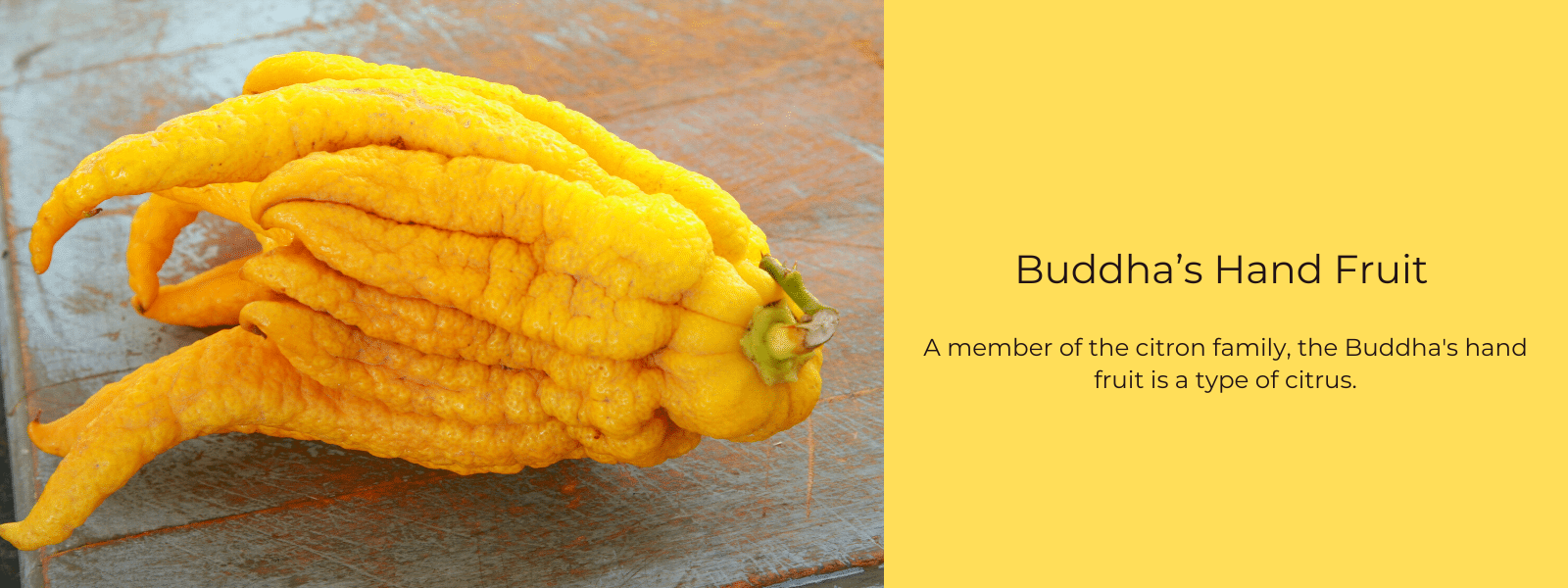

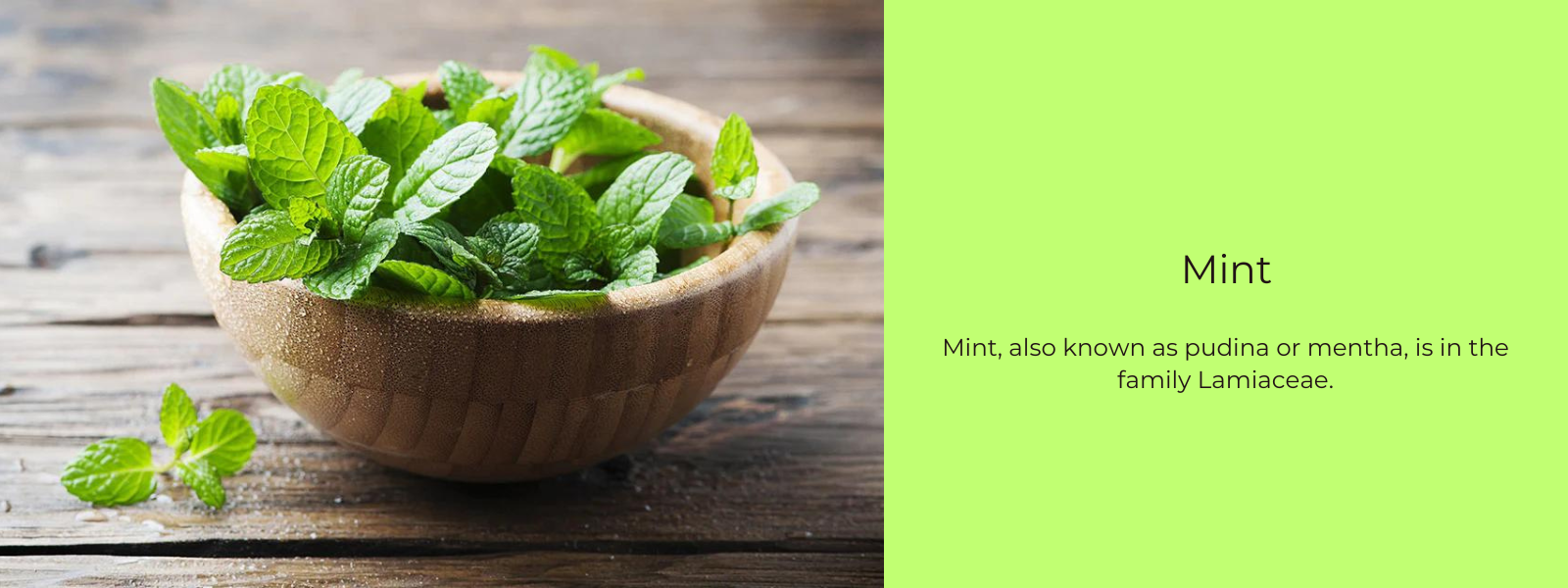
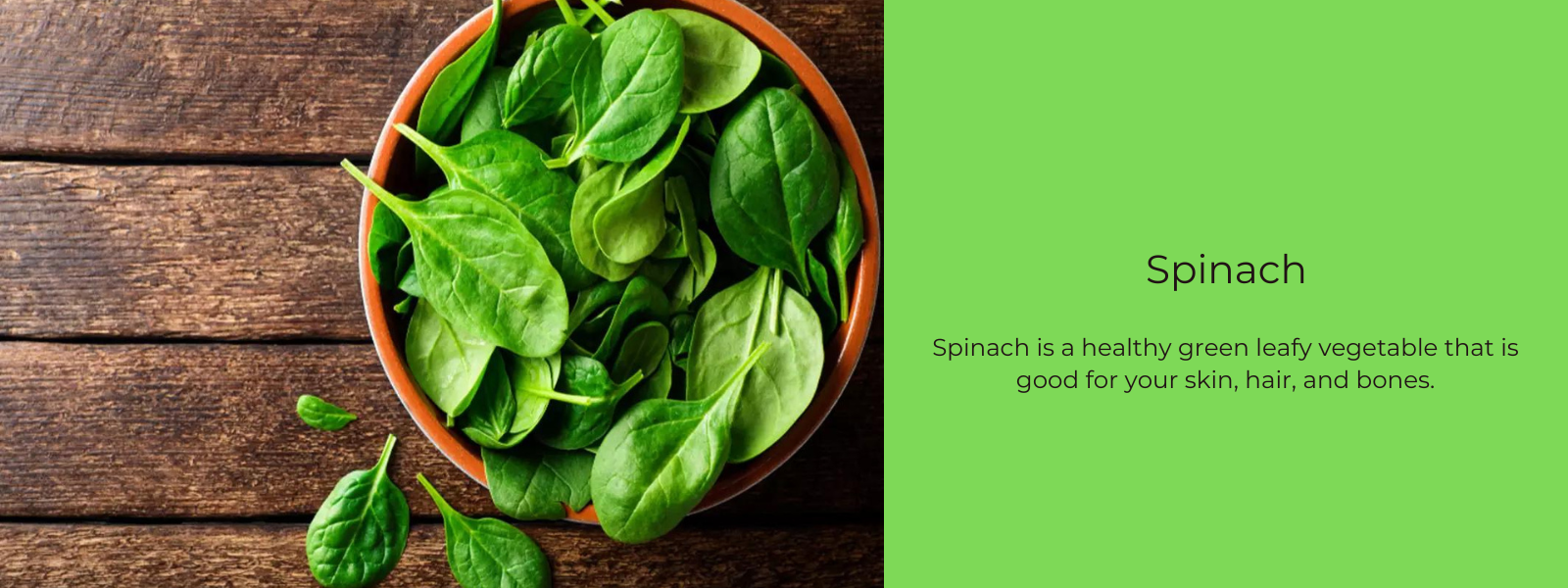
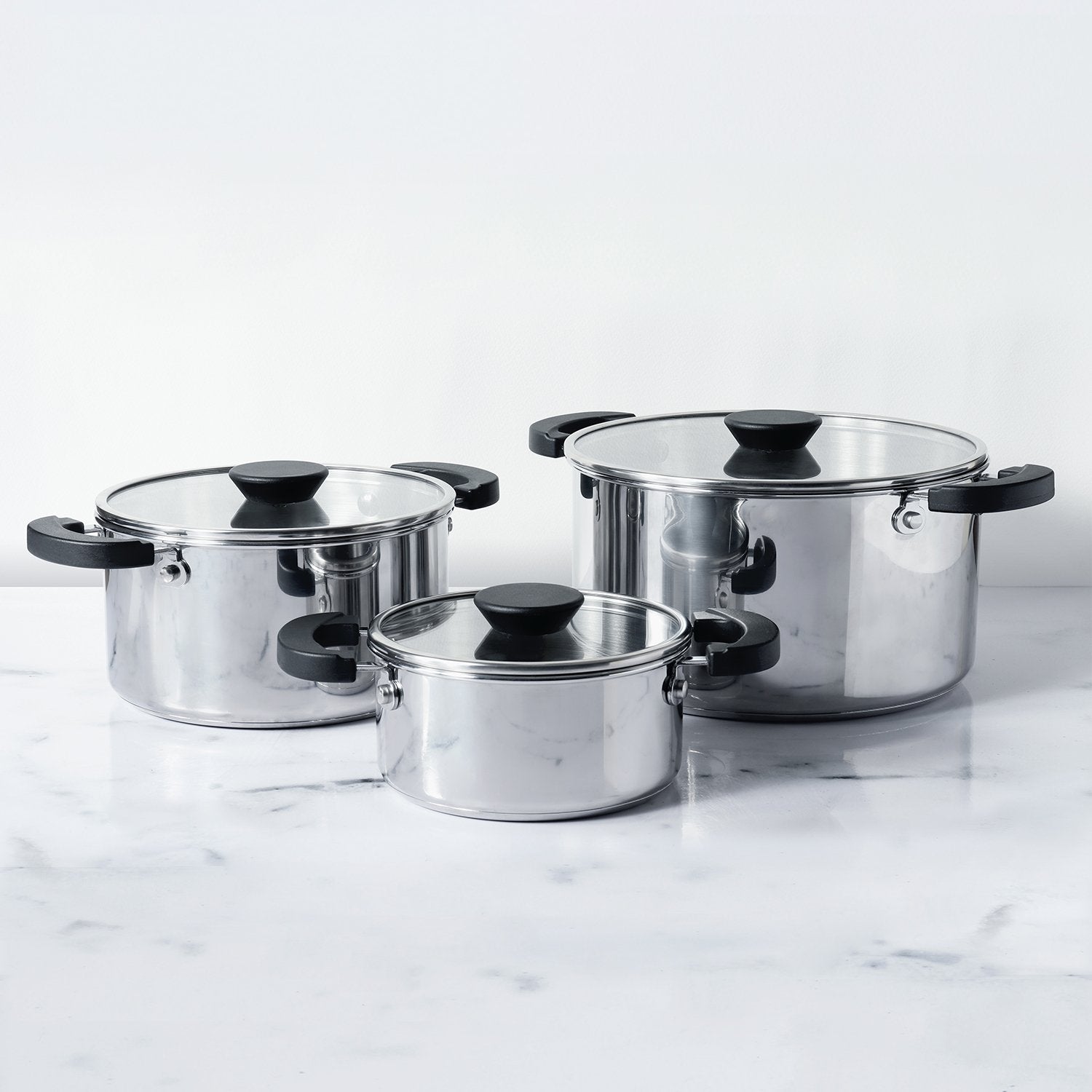
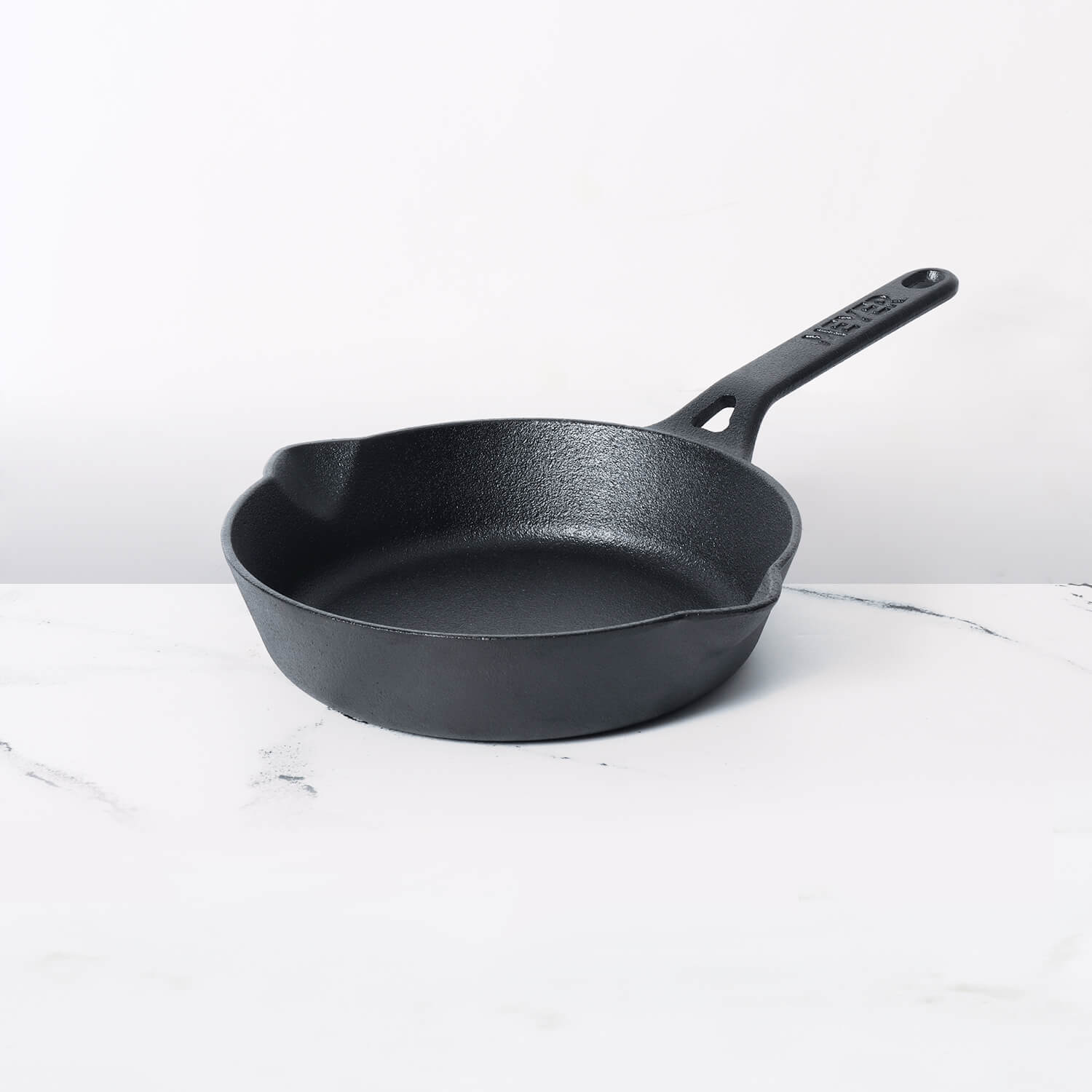




Leave a comment